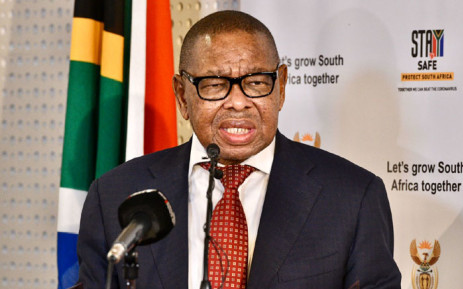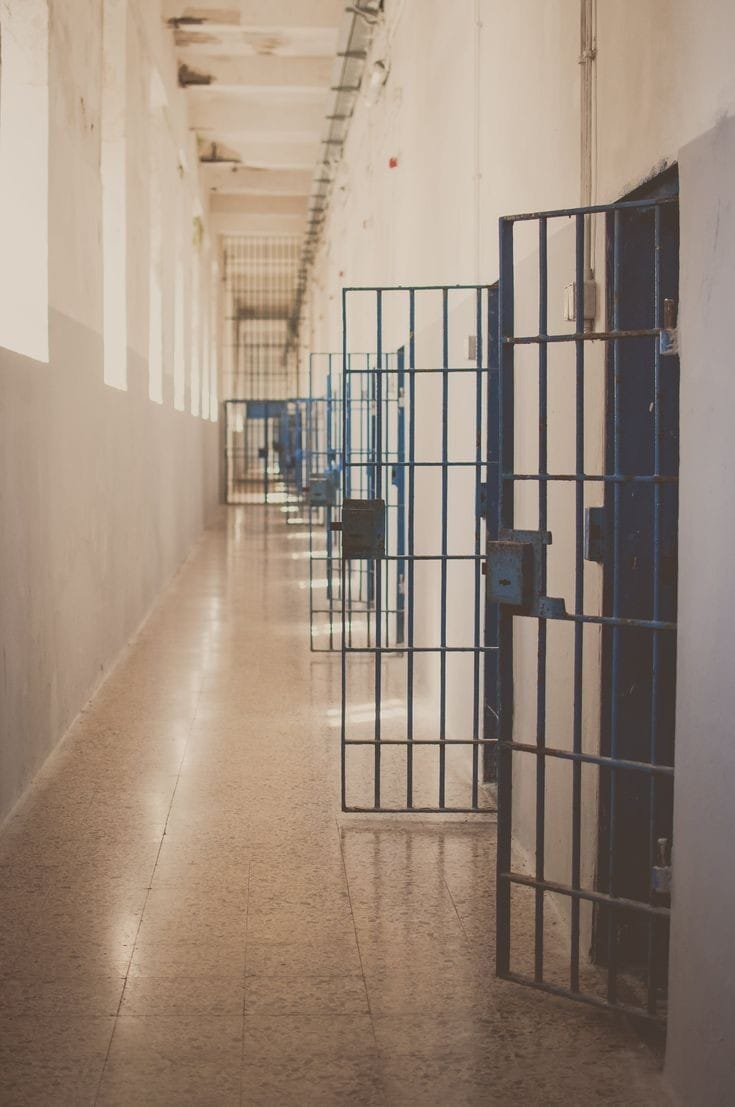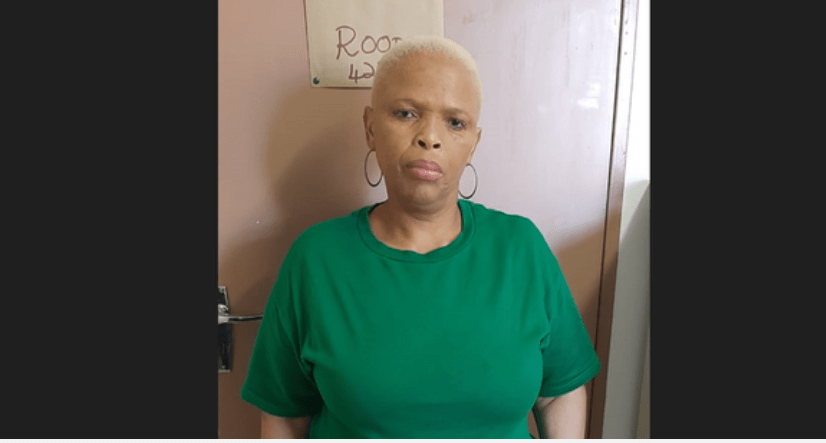The Higher Education, Science, and Technology Minister, Dr Blade Nzimande, recently expressed his strong disapproval towards individuals who have been accused of exploiting the University of South Africa (Unisa) for personal financial gain. In his speech at the university’s 150th birthday celebration in Pretoria, Nzimande emphasized that Unisa’s primary focus should be on providing quality education, rather than being embroiled in allegations of maladministration and corruption within its supply chain. This article aims to delve into Nzimande’s stance on the matter and shed light on the ongoing discussions regarding the future of Unisa.
Unisa, a renowned institution, has unfortunately been tainted by allegations of malfeasance and irregularities. Against this backdrop, Minister Nzimande asserted that Unisa should not serve as a platform for self-enrichment. He made it unequivocally clear that the primary mission of Unisa is to promote excellence in teaching, learning, and research, rather than being driven by ulterior motives or personal gain. Nzimande’s remarks were made in response to a recent independent report recommending that Unisa be placed under administration, a decision that the Minister is expected to make in due course.
Nzimande emphasized that the challenges plaguing Unisa, such as governance issues and its operating model, must be addressed promptly. It is essential to recognize that these discussions are not intended to undermine the university’s reputation but rather to rectify the existing obstacles that hinder its optimal functioning. By addressing these challenges head-on, Unisa can reaffirm its commitment to providing quality education to its students while upholding the values of integrity and transparency.
Notably, Unisa’s Chancellor, former President Thabo Mbeki, has also voiced his concerns regarding the allegations of maladministration and corruption. Mbeki, like Nzimande, emphasized the need to address these issues effectively. In a collective effort to restore Unisa’s reputation and ensure its continued success, both key figures have highlighted the importance of taking immediate action to investigate and rectify any misconduct within the institution.
Minister Nzimande’s strong stance against those who exploit Unisa for personal gain is a testament to the commitment of the South African government to uphold the integrity and values of higher education. Unisa, as a prestigious institution, must refocus its efforts on its core mission of teaching, learning, and research. The ongoing discussions surrounding Unisa’s future reflect the collective determination to address the challenges it faces, including issues of governance and its operating model.
By heeding the recommendations of the independent report and implementing necessary changes, Unisa can work towards restoring its reputation and reaffirming its commitment to excellence. With the support of key stakeholders, including Minister Nzimande and Chancellor Mbeki, Unisa has an opportunity to emerge stronger and more resilient from these challenges. The steps taken to rectify maladministration and corruption allegations will not only benefit the institution but also contribute to the overall advancement of higher education in South Africa.
In addition to addressing governance challenges and refining its operating model, Minister Nzimande emphasized the need to prioritize the interests of students and ensure that Unisa remains a bastion of academic excellence. He underscored the importance of maintaining a conducive learning environment where students can thrive and fulfill their educational aspirations.
To achieve this, it is crucial for Unisa to foster a culture of accountability and transparency. The implementation of robust internal control mechanisms, such as regular audits and stringent ethical guidelines, can help safeguard the institution from potential instances of maladministration and corruption. By promoting a culture of integrity and upholding the highest ethical standards, Unisa can rebuild trust among its stakeholders and ensure that its resources are utilized solely for educational purposes.
Furthermore, Minister Nzimande highlighted the significance of leveraging technological advancements in education. As we live in an increasingly digital era, Unisa should strive to harness the power of technology to enhance its teaching methodologies and expand access to quality education. By investing in innovative learning platforms, online resources, and virtual classrooms, Unisa can cater to a broader demographic of students, including those in remote areas or with limited mobility.
It is equally vital for Unisa to strengthen its collaborations with industry partners and research institutions. By fostering mutually beneficial partnerships, Unisa can promote knowledge exchange, innovation, and research breakthroughs. These collaborations can contribute to the socio-economic development of South Africa by addressing pertinent societal challenges and providing solutions that positively impact the nation.
In conclusion, Minister Nzimande’s remarks emphasize the urgency of addressing the challenges faced by Unisa and reaffirming its core mission of education, learning, and research. By implementing comprehensive reforms, fostering a culture of integrity, embracing technological advancements, and strengthening collaborations, Unisa can overcome its current obstacles and emerge as a leading institution in higher education. The collective efforts of the government, university leadership, faculty, and students will be instrumental in reshaping Unisa’s future and ensuring its continued contributions to the advancement of education in South Africa.









